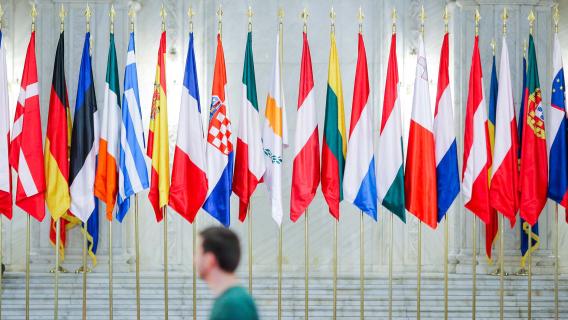Long international training course (Cil)
This programme enables civil servants from foreign public administrations to familiarise themselves with the French administration and benefit from joint training with INSP civil servant students in initial training (FI).
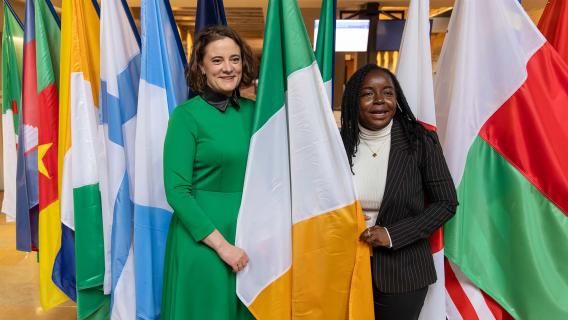
Profiles and admission requirements
-
Target audience
The Long international training course (‘’Cil’’ in French for ‘’Cycle international long’’) is aimed at:
- new civil servants from foreign public administrations in responsible positions and with clear potential for development and influence
- or those in the early stages of their professional career who intend to pursue a career in the public service of their country
-
Citizenship
- you are not a French citizen or about to acquire French nationality
-
Level of education
- a Master's degree or equivalent qualification is strongly recommended
-
Language skills
- you have an excellent command of the French language both orally and in writing
- you have a good command of English
-
Financial resources
- you dispose of monthly resources of at least € 1,800 to cover the cost of living in France (scholarships included, if applicable), excluding other personal expenses
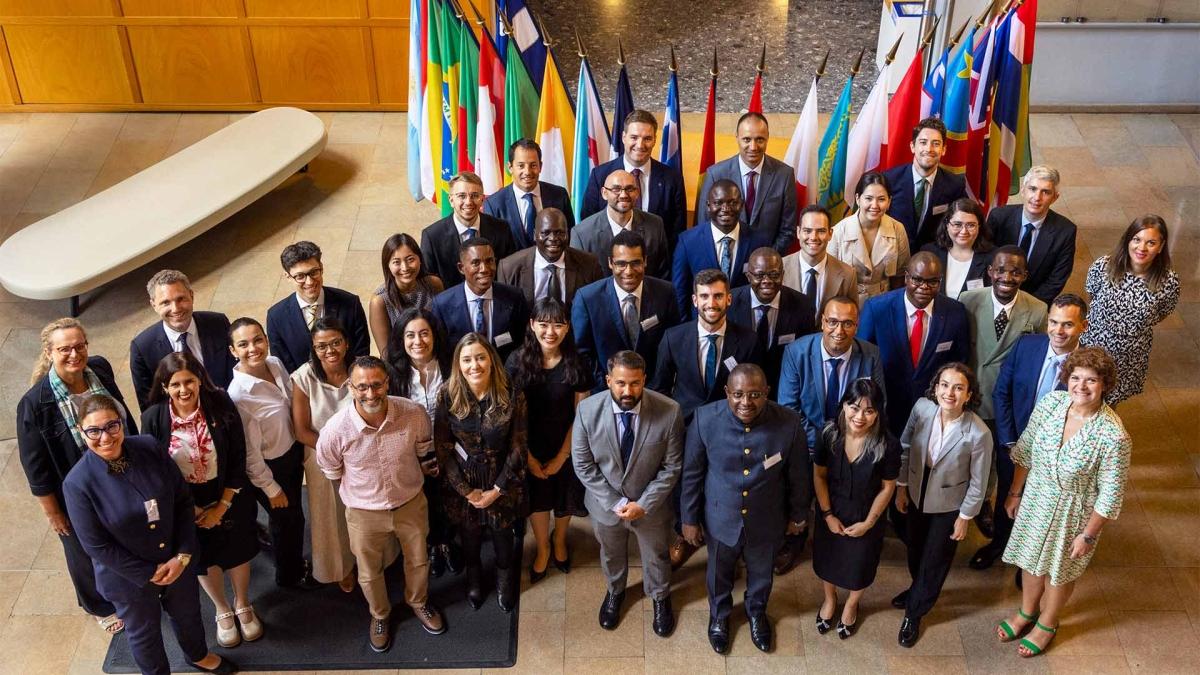
Class of 2024-2025 of Cil students and army officers
Training objectives
Alternating between coursework and internships, this programme trains future field experts and senior civil servants who are skilled in analysis, management and communication.
-
A cross-disciplinary work-study programme
The main topics covered in this training course are:
- drafting, implementation and evaluation of public policies
- public transformation and innovation
- the green transition
- human resources management, leadership and negotiation
- public economy and finances
- territorial issues
- European and international affairs
These courses are taught alongside French students following the current initial training programme.
« Our diploma entails a responsibility to act and make an impact, so let us not be indifferent, but curious and committed. We are part of a generation that faces global challenges, challenges that are no longer those of tomorrow but those of today, and now also our own. »
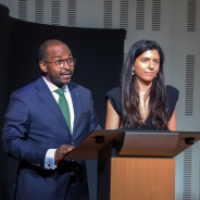
Curriculum • Duration
The course lasts a total of 13.5 months and is divided into three phases:
-
Introductory training phases in preparation of the internship | 4 months
- an initial phase allowing students to update their knowledge of contemporary France and its challenges, as well as on the functioning of the French administration
- a phase of shared courses with students selected through entrance exams
-
Internship in a public organisation | 3 months
in a public organisation chosen according to the student's career plans (central or decentralised administration, state operator, international organisation).
-
Advanced courses | 6.5 months
together with students admitted through the INSP entrance exams
Registration and calendar 2026
|
Step in the procedure |
Date |
|---|---|
|
Online registration |
19 September to 21 November 2025 |
|
Notifications sent out for the written exam |
1 to 5 December 2025 |
|
Written exam |
15 to 19 December 2025 |
|
Grading of the written exam |
5 January to 13 February 2026 |
|
Oral exam |
23 February to 10 March 2026 |
|
Admission results |
mid-April 2026 |
|
Confirmation of enrolment for admitted applicants |
30 May 2026 |
|
Start of the course |
end of August 2026 |
Do you have any further questions?
The INSP team is here to help! You can contact them by e-mail at the following address, and they will get back to you as soon as possible:
cyclesinternationaux2026@insp.gouv.fr
This link will open your email client.
Alumni testimonials
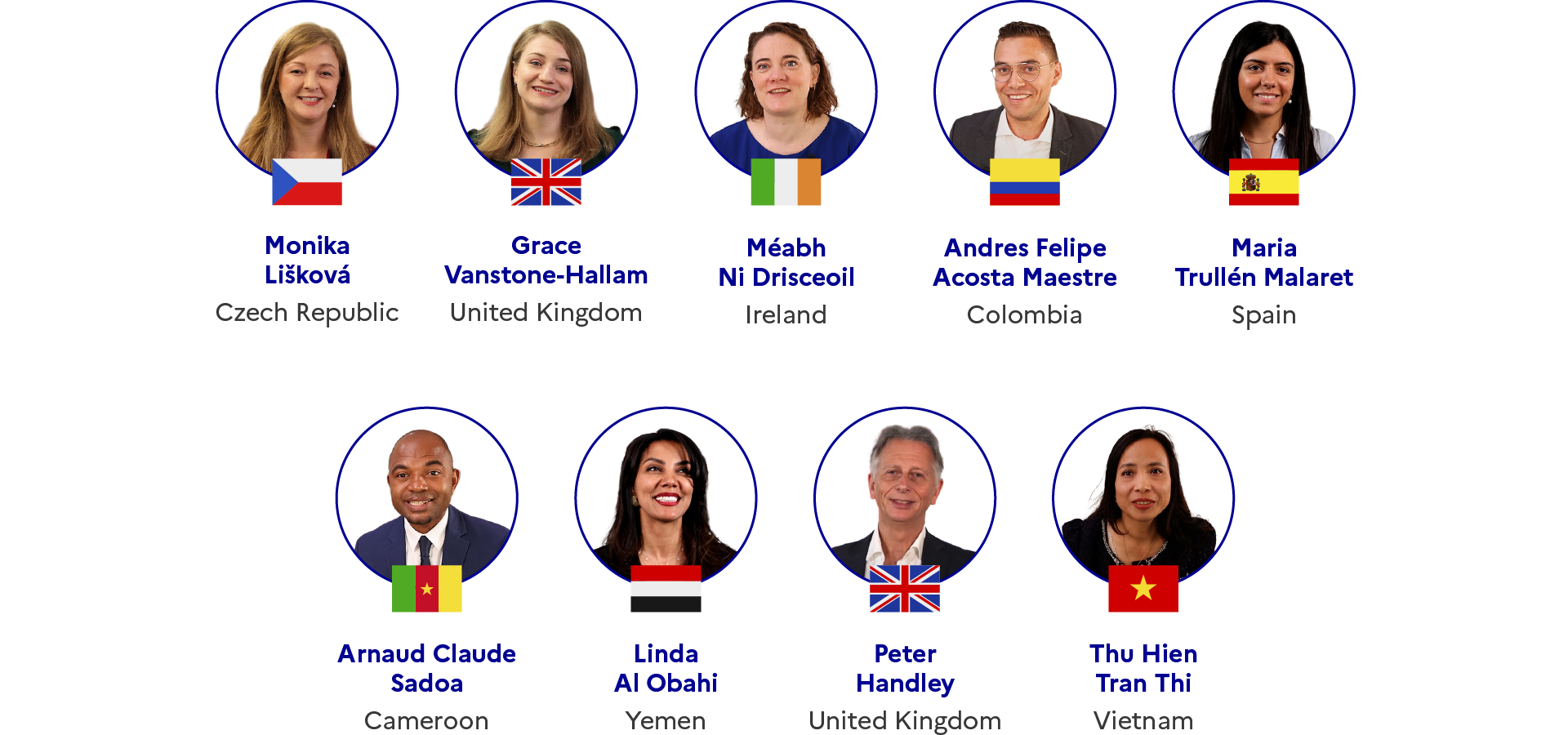
More alumni portraits
Diploma obtained
The programme is certified by an international diploma in public administration with the designation ‘Long International Training Course’.
The programme can be accompanied by one of the following two master's degrees:
-
Master's degree in Public Policies
specialising in Comparative Administration and Economic Action (co-accredited with the University of Strasbourg)
The programme aims to provide a comprehensive overview of modern techniques and practices used by European, national and regional administrations. It draws on expertise in law, organisational sociology, political science, public finance, economics and public management. It takes a deliberately comparative approach, enabling international students to apply the knowledge and skills acquired during the programme when they return to their administrations of origin.
-
Master's degree in Political Science
specialising in European and International Public Action (co-accredited with Paris 1 Panthéon-Sorbonne University)
Its aim is to provide tools for analysing the functioning of public policies in France and in European Union countries. The courses focus in particular on developing proficiency in understanding frameworks derived from political science and the political sociology of public action.
Conditions
In addition to the courses taught as part of the INSP programme, students enrolled in one of the Master's programmes take specific courses offered by partner universities, are required to write a research dissertation, and defend it before a panel of examiners from the partner university and the INSP.
Tuition fees
-
Registration fees
Training at INSP is free of charge.
-
Accommodation and internship expenses
Living costs are approximately €1 800 per month. It’s the student’s responsibility to meet these costs.
A scholarship from the French government can be requested from the French Embassy. It can also be sought from a national or international, public, or private institution, or from the candidate’s sponsoring government.
-
Master’s registration fees (optional)
For students opting for a master's degree, the INSP requires a contribution of €500 towards tuition fees. In addition, students must pay the registration fees for the university concerned (approximately €360).
Students awarded scholarships from the French government can have their contribution to the INSP tuition fees refunded for these 2 master's programmes, and are exempted from the university tuition fees for these programmes.
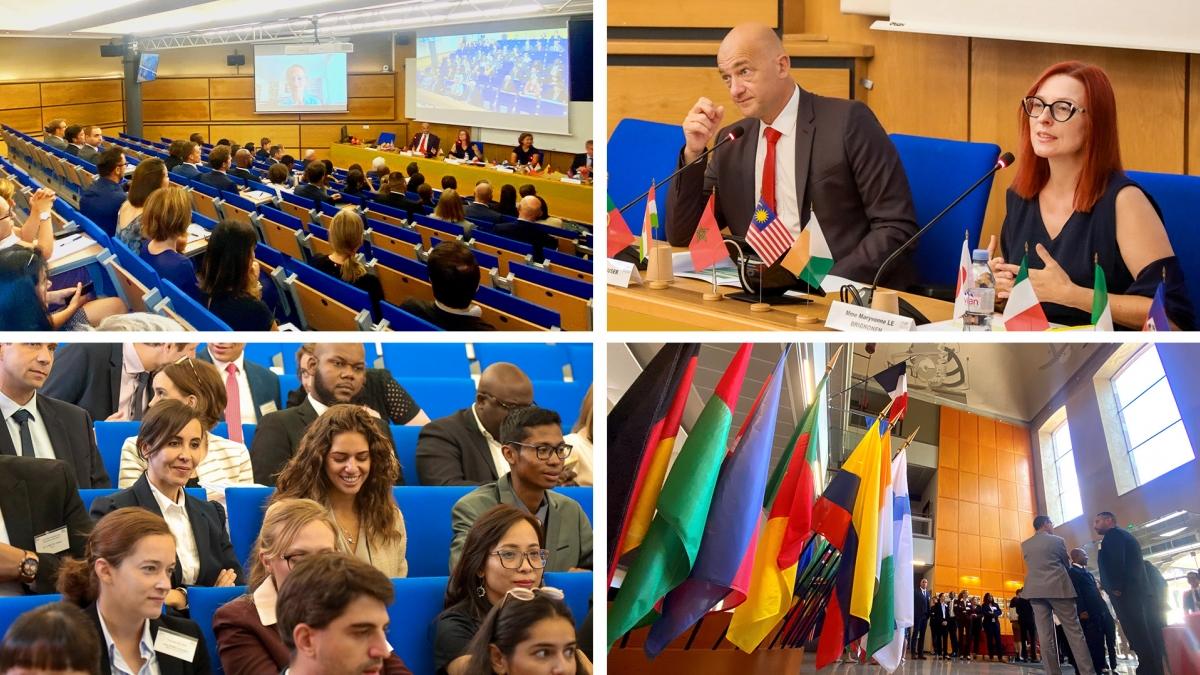
Contact
Any questions? Please do not hesitate to contact us!
The teams at the INSP are here to help. Select ‘ Formation initiale ’ (Initial training) to contact them!
For further information
Applications
The selection procedure, managed by the INSP, is carried out through French embassies around the wor…
